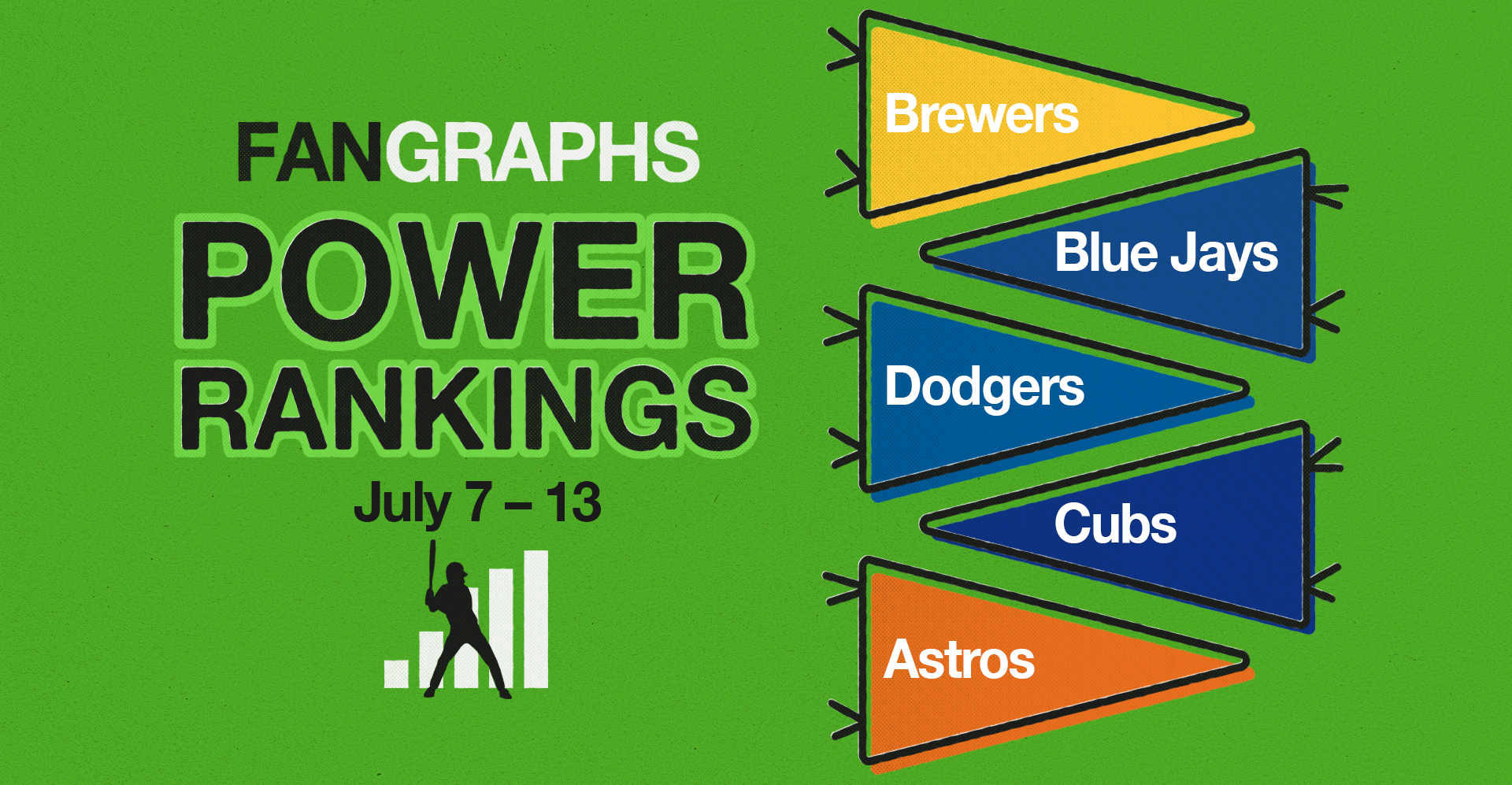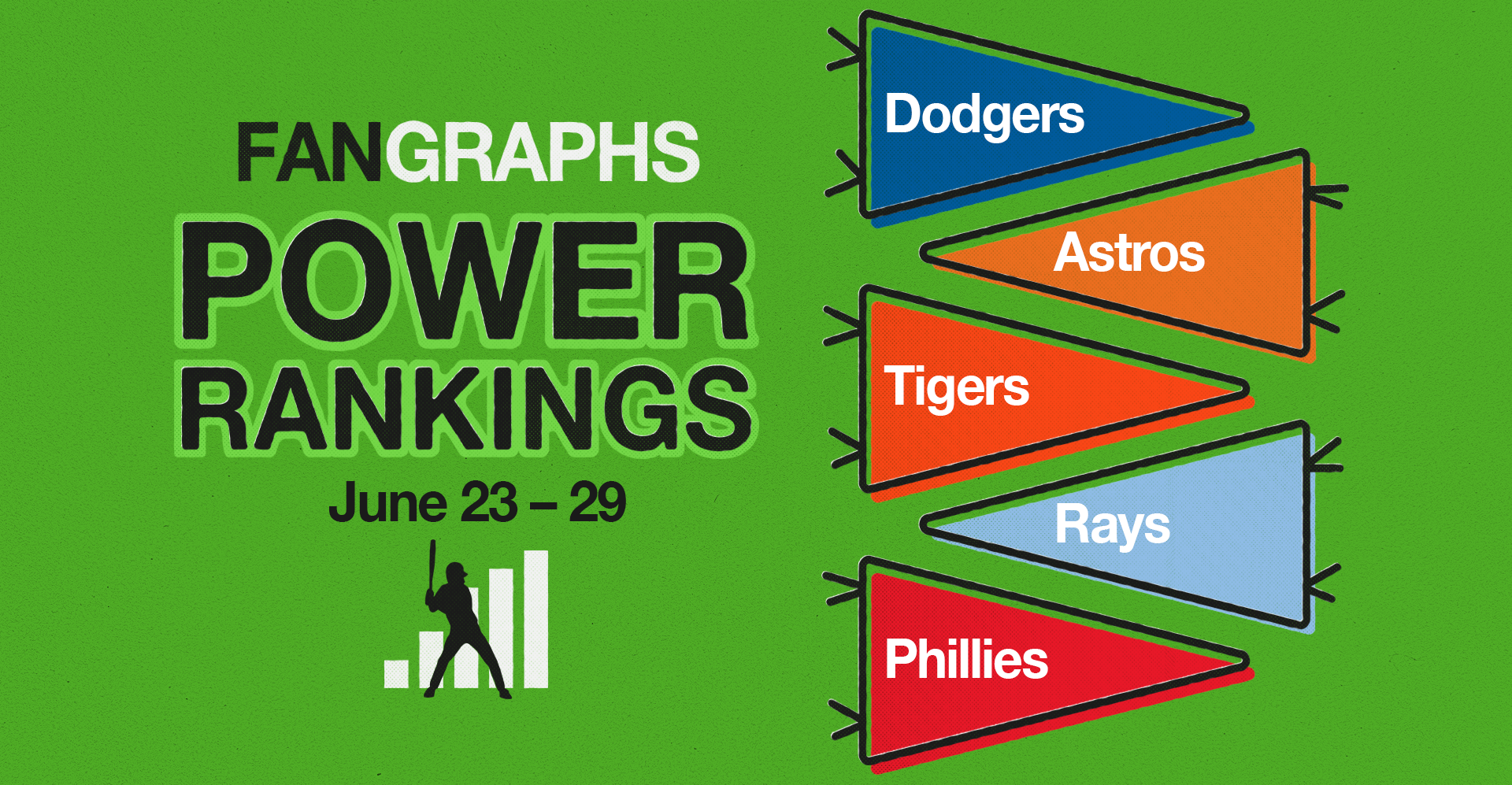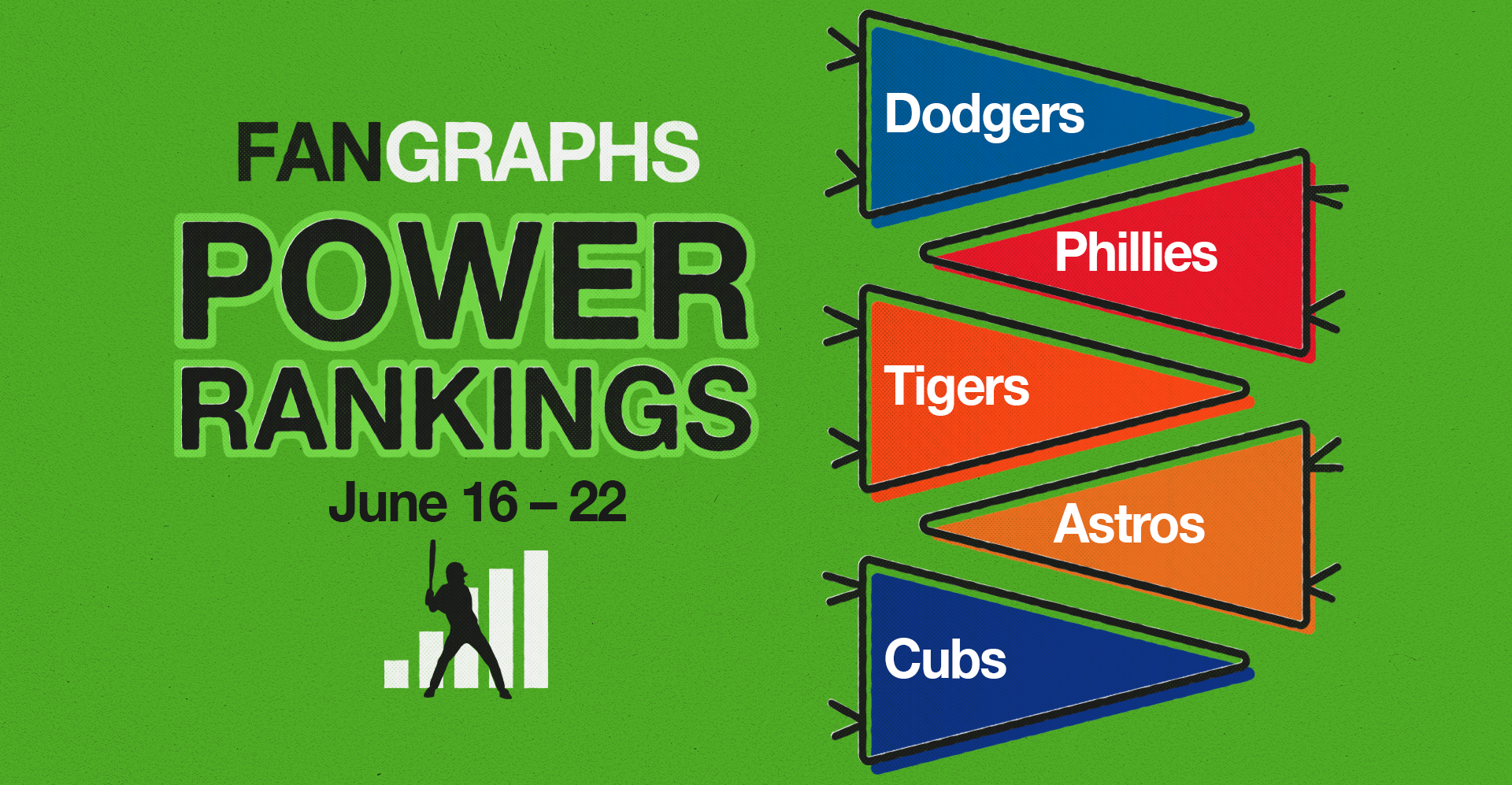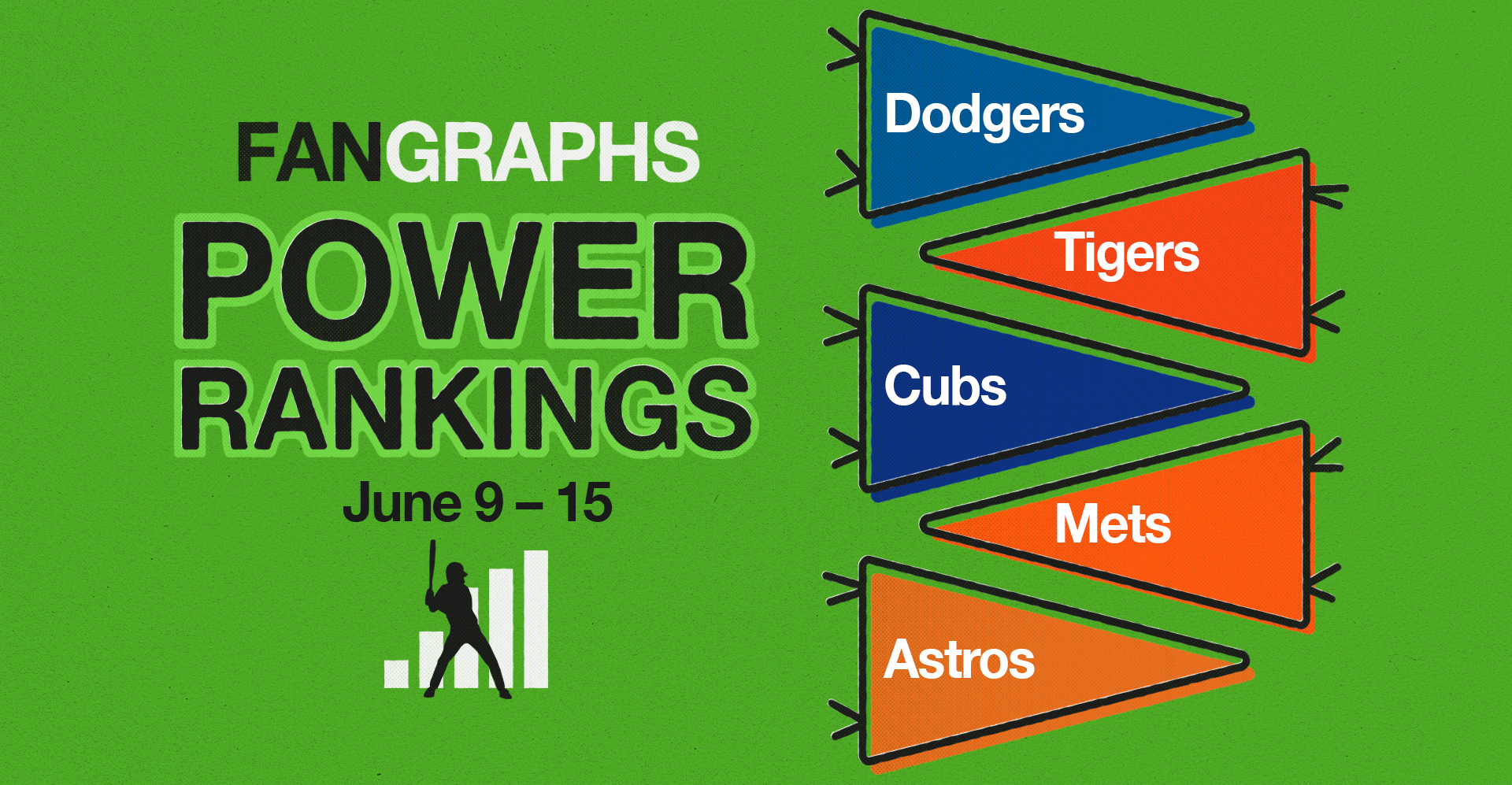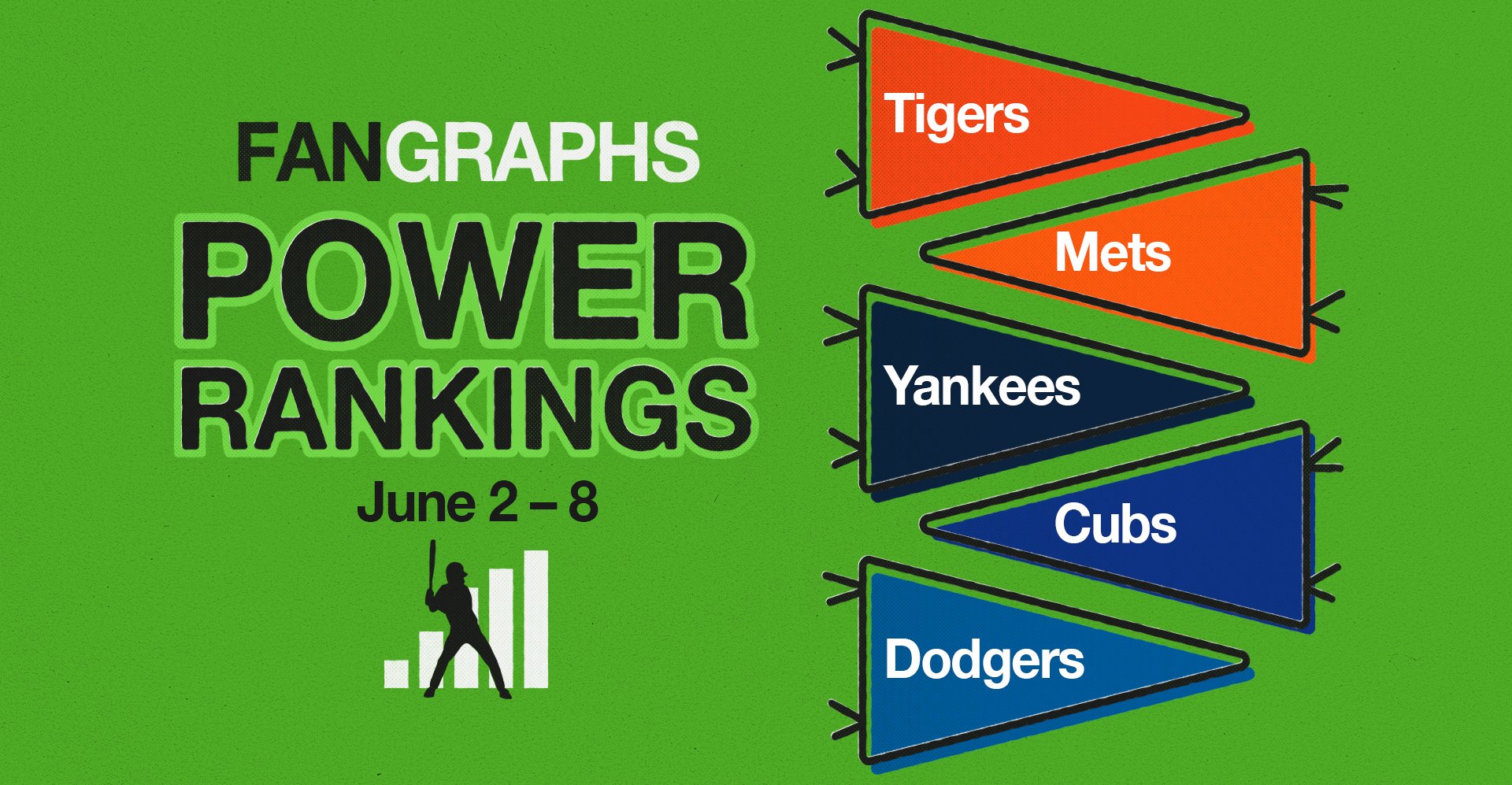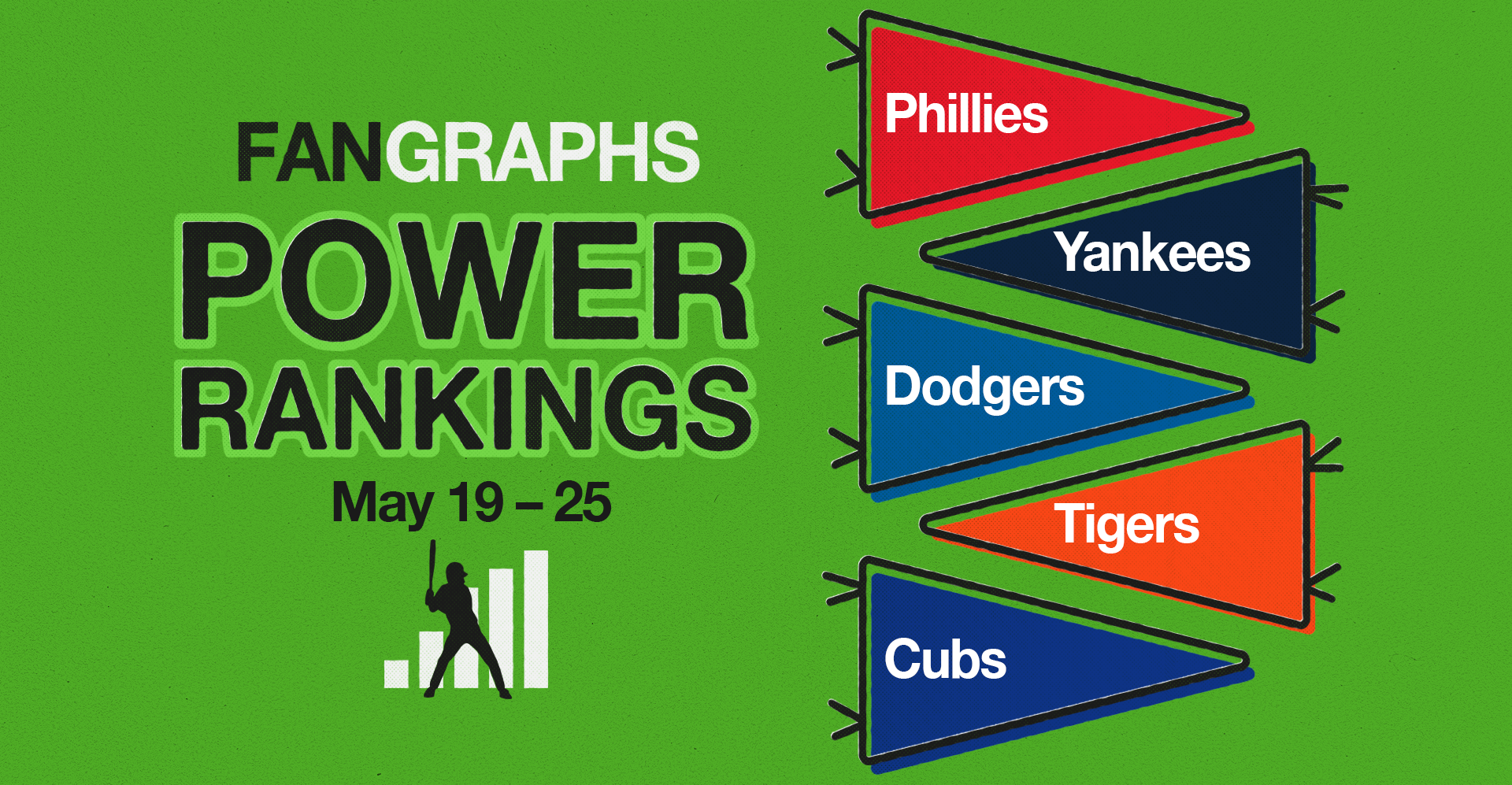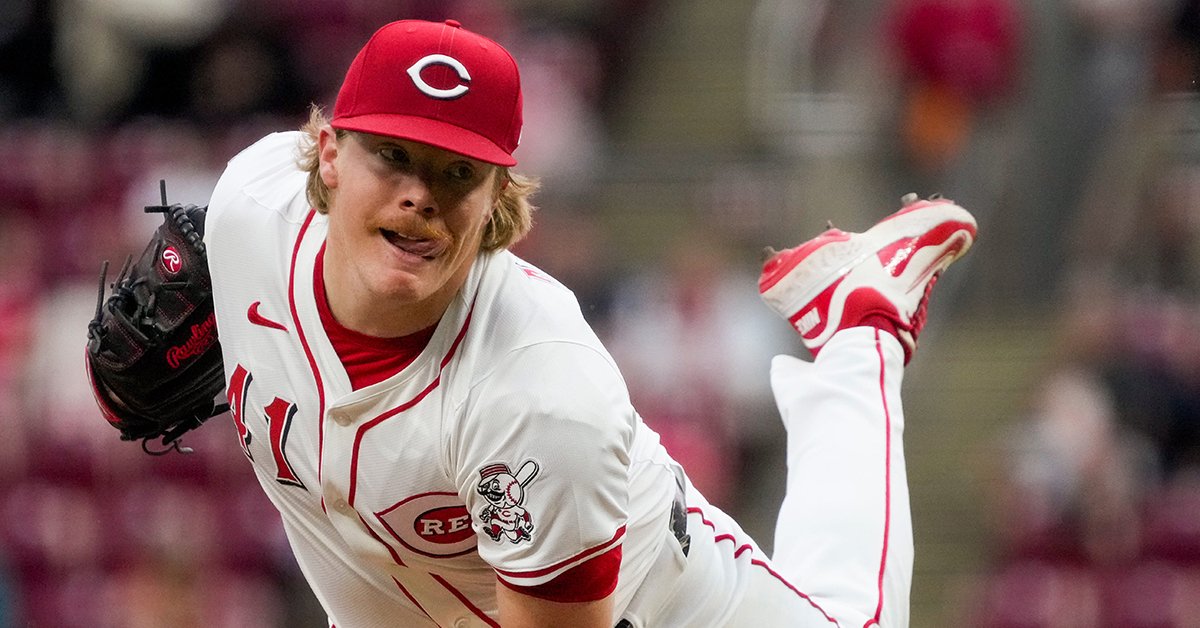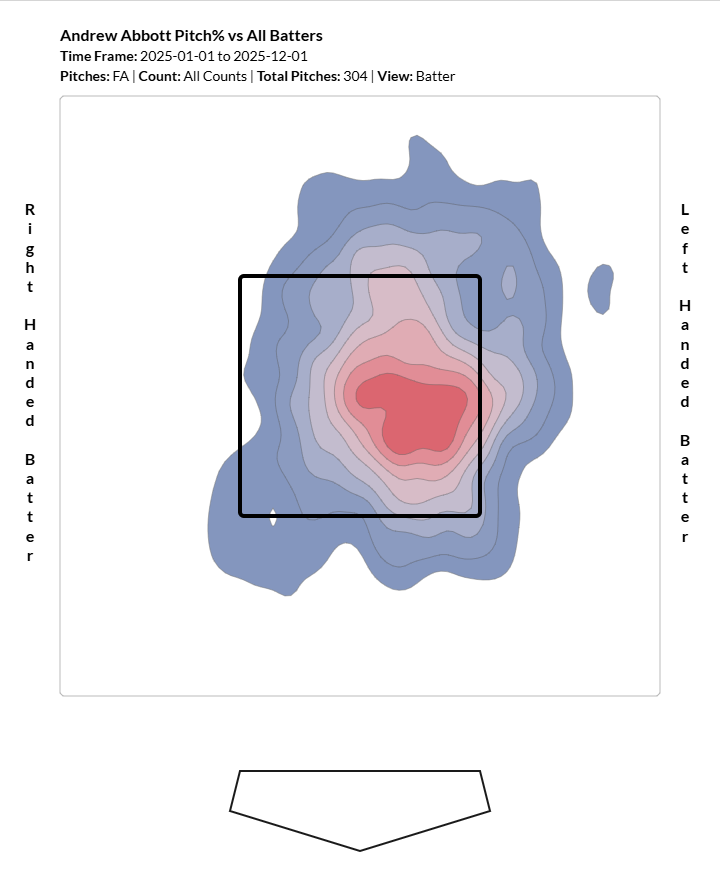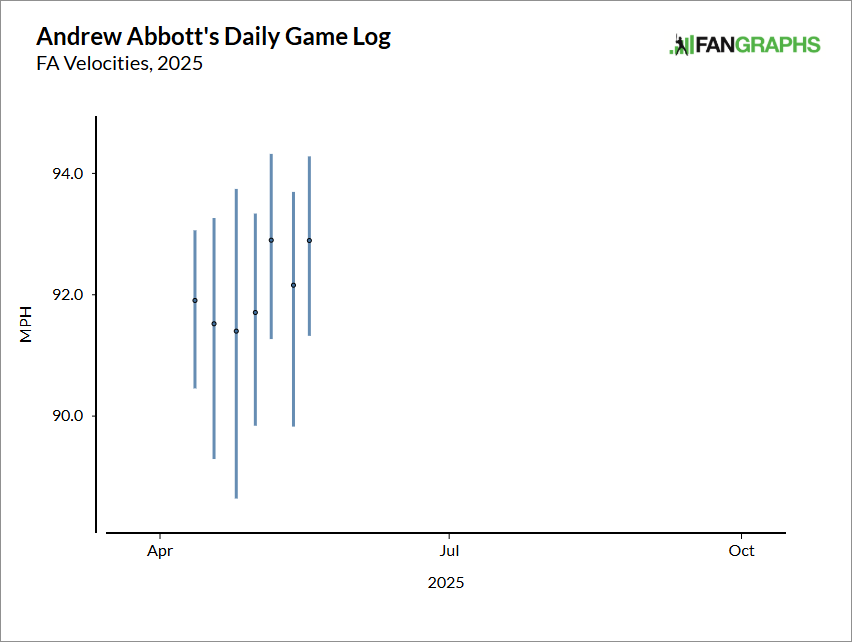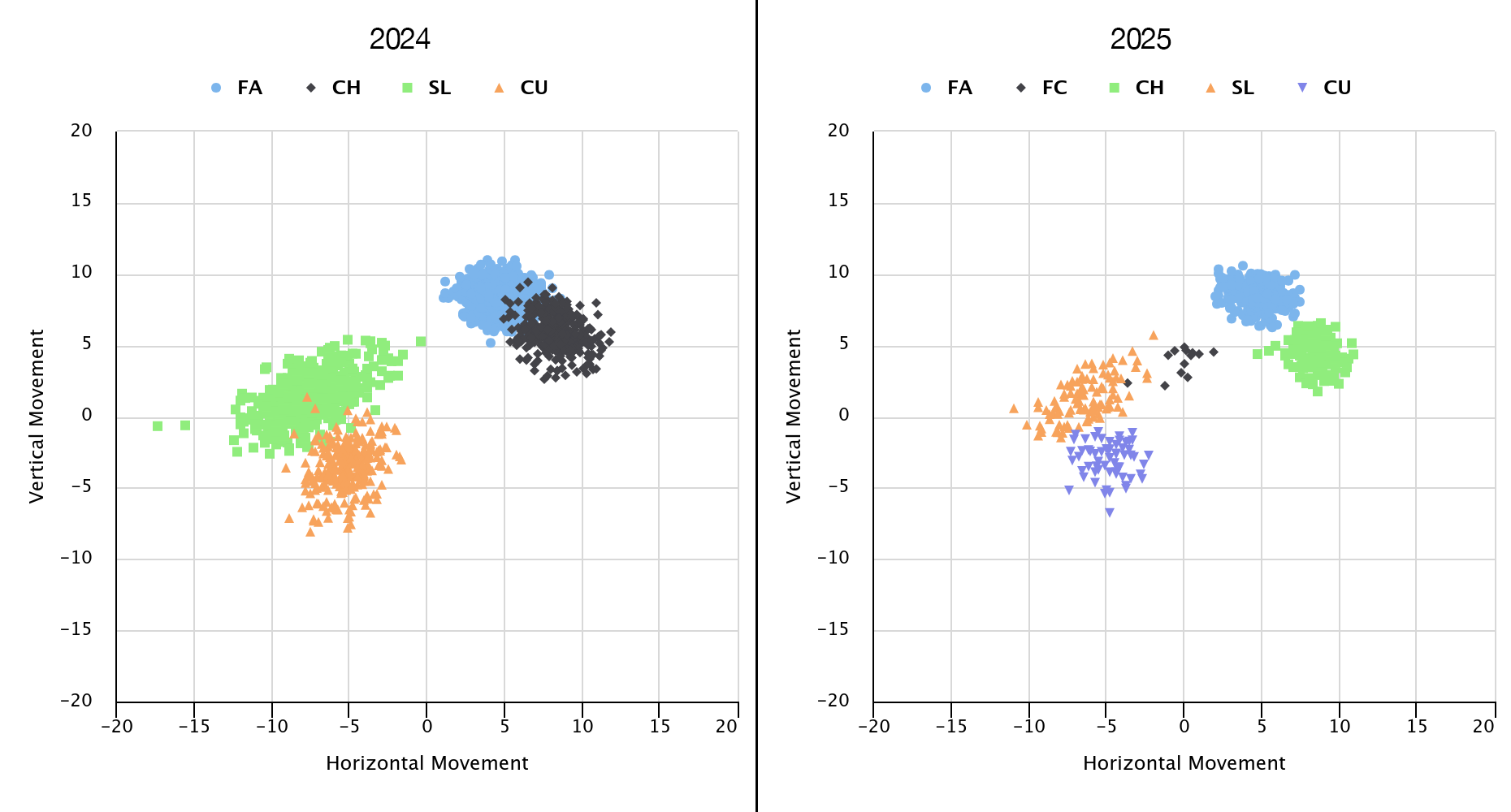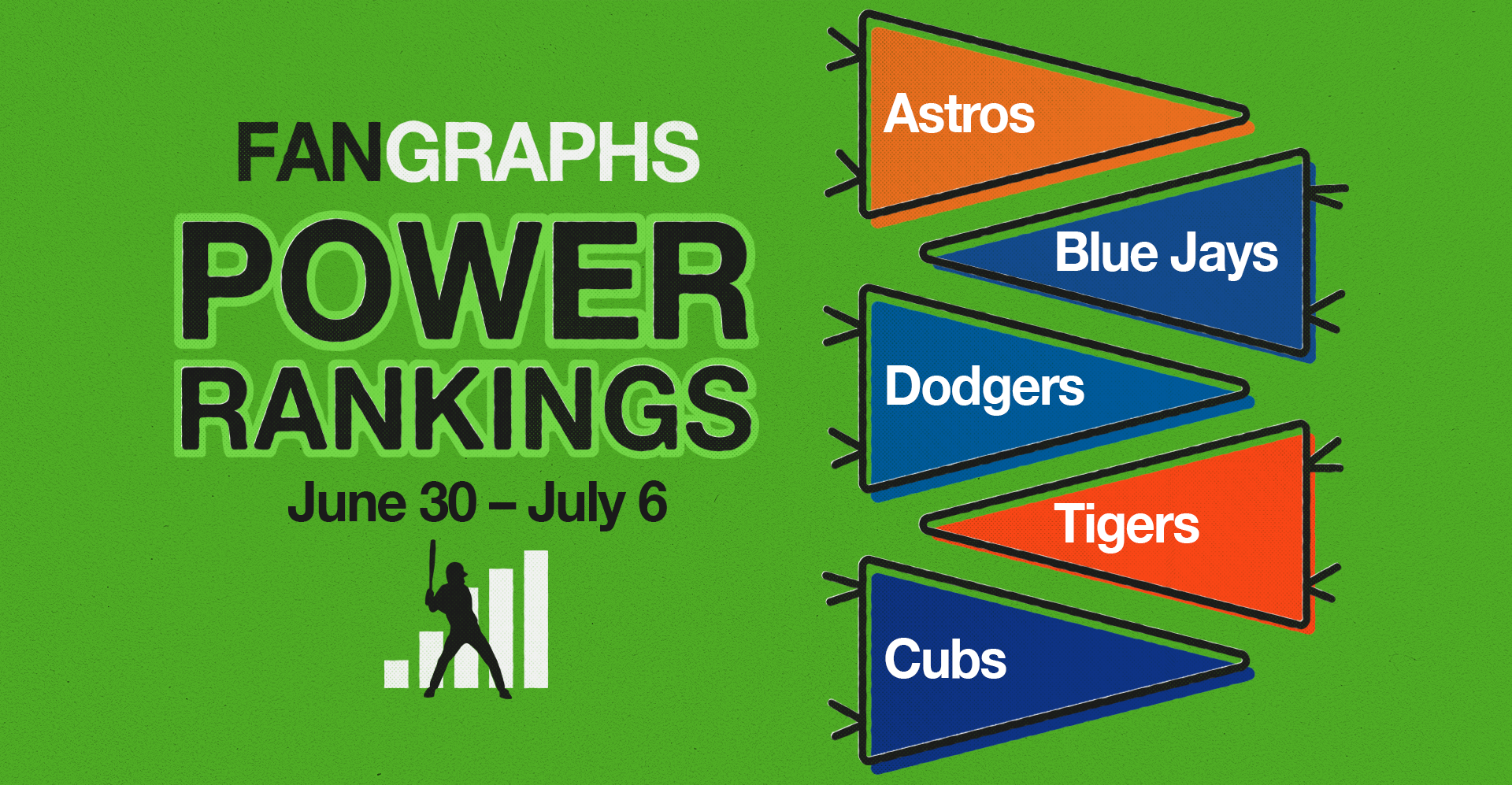
A bunch of interesting matchups with playoff implications dot the schedule this week. A hot streak heading into the All-Star break could be all that a fringe contender needs to decide to make a big push at the trade deadline later this month.
Last year, we revamped our power rankings using a modified Elo rating system. If you’re familiar with chess rankings or FiveThirtyEight’s defunct sports section, you’ll know that Elo is an elegant solution that measures teams’ relative strength and is very reactive to recent performance. To avoid overweighting recent results during the season, we weigh each team’s raw Elo rank using our coin flip playoff odds (specifically, we regress the playoff odds by 50% and weigh those against the raw Elo ranking, increasing in weight as the season progresses to a maximum of 25%). The weighted Elo ranks are then displayed as “Power Score” in the tables below. As the best and worst teams sort themselves out throughout the season, they’ll filter to the top and bottom of the rankings, while the exercise will remain reactive to hot streaks or cold snaps.
First up are the full rankings, presented in a sortable table. Below that, I’ve grouped the teams into tiers with comments on a handful of clubs. You’ll notice that the official ordinal rankings don’t always match the tiers — there are times where I take editorial liberties when grouping teams together — but generally, the ordering is consistent. One thing to note: The playoff odds listed in the tables below are our standard Depth Charts odds, not the coin flip odds that are used in the ranking formula.
All power rankings stats, including team records, are updated through Sunday’s games. The rest of the information below is current as of Tuesday morning.
Complete Power Rankings
| Rank |
Team |
Record |
Elo |
Opponent Elo |
Playoff Odds |
Power Score |
Δ |
| 1 |
Astros |
55-35 |
1602 |
1496 |
98.3% |
1620 |
1 |
| 2 |
Blue Jays |
52-38 |
1585 |
1506 |
87.8% |
1599 |
8 |
| 3 |
Dodgers |
56-35 |
1579 |
1499 |
99.8% |
1599 |
-2 |
| 4 |
Tigers |
57-34 |
1559 |
1485 |
99.6% |
1585 |
-1 |
| 5 |
Cubs |
54-36 |
1567 |
1509 |
94.8% |
1585 |
1 |
| 6 |
Phillies |
53-37 |
1557 |
1497 |
96.0% |
1574 |
-1 |
| 7 |
Rays |
49-41 |
1537 |
1502 |
69.1% |
1544 |
-3 |
| 8 |
Brewers |
50-40 |
1539 |
1486 |
58.2% |
1543 |
0 |
| 9 |
Mets |
52-39 |
1516 |
1488 |
86.8% |
1533 |
3 |
| 10 |
Mariners |
48-42 |
1523 |
1496 |
72.9% |
1526 |
3 |
| 11 |
Yankees |
49-41 |
1502 |
1501 |
85.8% |
1513 |
-4 |
| 12 |
Cardinals |
48-43 |
1518 |
1509 |
31.4% |
1508 |
-3 |
| 13 |
Red Sox |
46-45 |
1520 |
1499 |
25.3% |
1506 |
4 |
| 14 |
Padres |
48-41 |
1506 |
1498 |
45.1% |
1505 |
0 |
| 15 |
Reds |
46-44 |
1515 |
1499 |
13.1% |
1497 |
-4 |
| 16 |
Giants |
49-42 |
1489 |
1488 |
47.5% |
1490 |
0 |
| 17 |
Orioles |
40-49 |
1503 |
1501 |
3.6% |
1473 |
4 |
| 18 |
Rangers |
44-46 |
1488 |
1498 |
18.5% |
1471 |
0 |
| 19 |
Angels |
43-46 |
1488 |
1498 |
3.8% |
1468 |
-4 |
| 20 |
Marlins |
40-48 |
1491 |
1507 |
0.3% |
1462 |
0 |
| 21 |
Twins |
43-47 |
1480 |
1497 |
19.5% |
1460 |
3 |
| 22 |
Pirates |
38-53 |
1486 |
1513 |
0.1% |
1453 |
3 |
| 23 |
Diamondbacks |
44-46 |
1472 |
1495 |
20.1% |
1452 |
-4 |
| 24 |
Royals |
43-48 |
1472 |
1498 |
9.9% |
1451 |
2 |
| 25 |
Braves |
39-50 |
1456 |
1494 |
6.6% |
1429 |
-2 |
| 26 |
Guardians |
40-48 |
1439 |
1508 |
6.0% |
1419 |
-4 |
| 27 |
Athletics |
37-55 |
1440 |
1507 |
0.2% |
1414 |
0 |
| 28 |
Nationals |
37-53 |
1427 |
1504 |
0.0% |
1403 |
0 |
| 29 |
White Sox |
30-60 |
1394 |
1502 |
0.0% |
1374 |
0 |
| 30 |
Rockies |
21-69 |
1349 |
1522 |
0.0% |
1336 |
0 |
…
Tier 1 – The Best of the Best
| Team |
Record |
Elo |
Opponent Elo |
Playoff Odds |
Power Score |
| Astros |
55-35 |
1602 |
1496 |
98.3% |
1620 |
| Blue Jays |
52-38 |
1585 |
1506 |
87.8% |
1599 |
| Dodgers |
56-35 |
1579 |
1499 |
99.8% |
1599 |
Defying expectations, the Astros continue to put together win after win. Their list of players on the IL is currently longer than that of the Dodgers, but they completed a pretty comprehensive sweep of Los Angeles last weekend. Houston hasn’t lost a series since May 21 and has the best record in baseball by a pretty wide margin in that span. Meanwhile, the Dodgers were handed their first series loss since June 8. They have to be relieved that Max Muncy’s knee injury, which he suffered on Thursday, turned out to be much less serious than it initially looked. On the pitching side, Tyler Glasnow will likely be activated from the IL to start Wednesday’s game, giving the rotation some reinforcements at a critical juncture.
The Blue Jays! A nine-game winning streak has thrust the Jays into first place in the AL East, and they did it by sweeping the Yankees in a huge four-game series in Toronto, which included a joyous victory on Canada Day. The Jays followed that up with a weekend sweep of the Angels and yet another win Monday against the White Sox, extending their division lead to 3 1/2 games. With two more to play against Chicago and then a three-game set against the Athletics over the weekend, Toronto has a favorable schedule lined up before the All-Star break. If the Blue Jays manage to hang onto the AL East lead, they will start the second half of the season in first place for the first time since 2016.
Tier 2 – On the Cusp of Greatness
| Team |
Record |
Elo |
Opponent Elo |
Playoff Odds |
Power Score |
| Tigers |
57-34 |
1559 |
1485 |
99.6% |
1585 |
| Cubs |
54-36 |
1567 |
1509 |
94.8% |
1585 |
| Phillies |
53-37 |
1557 |
1497 |
96.0% |
1574 |
The Tigers swept the Guardians last weekend to extend their record against divisional foes to 18-9. The rest of the AL Central has all sorts of problems right now, but Detroit’s ability to beat up its rivals is a big reason why it leads the division by a whopping 14 games.
The Cubs produced plenty of fireworks during their series win over the Cardinals last weekend; Chicago hit 11 home runs during the three-game set, producing two blowout victories on Friday and Sunday. Michael Busch hit four of them — three alone on Independence Day — and added 13 hits last week. After seeing the Brewers and Cardinals creep closer in the NL Central the last few weeks, the Cubs have jumped back out to a 3 1/2-game lead.
Tier 3 – Solid Contenders
| Team |
Record |
Elo |
Opponent Elo |
Playoff Odds |
Power Score |
| Rays |
49-41 |
1537 |
1502 |
69.1% |
1544 |
| Brewers |
50-40 |
1539 |
1486 |
58.2% |
1543 |
| Mets |
52-39 |
1516 |
1488 |
86.8% |
1533 |
| Mariners |
48-42 |
1523 |
1496 |
72.9% |
1526 |
The Rays have now lost three straight series; they dropped two of three at home against the A’s to begin last week, followed by two walk-off losses in their three-game set against the Twins over the weekend. The big culprit has been the bullpen, which was responsible for all four losses last week. Across their last 10 games dating back to June 27, Tampa Bay relievers have a 7.96 ERA, the second-worst mark in the majors during that span. The Rays have a tough slate of games heading into the All-Star break: They lost the first game of their three-game series in Detroit on Monday, and then they finish off the first half with four games in Boston.
After a pretty rough patch to finish the month of June, the Mets got back on track with series wins over the Brewers and Yankees last week. Brandon Nimmo blasted a pair of grand slams and added a solo shot for good measure. New York is also expected to activate Kodai Senga and Sean Manaea from the IL during the final series of the first half, against the Royals in Kansas City, which should alleviate some of the team’s recent pitching issues.
As for Milwaukee, the Brewers finally activated Brandon Woodruff off the IL after multiple setbacks during his rehab this year; he was excellent in his first major league start since 2023, allowing just a single run across six innings against the Marlins while striking out eight. The Brew Crew started off this week with an impressive win over the Dodgers on Monday.
The Mariners held the Pirates scoreless across three games this weekend. It was the first time in franchise history that Seattle has shut out an opponent for an entire series. Over the last two weeks, Mariners starters have a 2.44 ERA, second best in baseball. It took George Kirby a little while to shake off the rust after missing the first eight weeks of the season with a shoulder injury, but he’s allowed just two runs across his last three starts; in seven starts since the beginning of June, he has a 2.68 ERA and a 2.74 FIP. On the offensive side of things, Randy Arozarena blasted six home runs last week, and Cal Raleigh collected his seventh multi-homer game of the season — the most in baseball — on Friday, extending his league-leading home run total to 35. Though Seattle remains 6 1/2 games behind the Astros in the AL West, it is two games up on the Red Sox for the final Wild Card spot. Only a game separates the Mariners and the Yankees, who hold the top Wild Card position; the two teams begin a three-game series in the Bronx on Tuesday.
Tier 4 – The Melee
| Team |
Record |
Elo |
Opponent Elo |
Playoff Odds |
Power Score |
| Yankees |
49-41 |
1502 |
1501 |
85.8% |
1513 |
| Cardinals |
48-43 |
1518 |
1509 |
31.4% |
1508 |
| Red Sox |
46-45 |
1520 |
1499 |
25.3% |
1506 |
| Padres |
48-41 |
1506 |
1498 |
45.1% |
1505 |
| Reds |
46-44 |
1515 |
1499 |
13.1% |
1497 |
| Giants |
49-42 |
1489 |
1488 |
47.5% |
1490 |
Speaking of the Yankees, they just endured a nightmare of a week. Not only did they get swept in their four-game series with the Blue Jays, who knocked them out of first place, but they also dropped their weekend series against the Mets. If that wasn’t bad enough, Clarke Schmidt suffered a torn UCL and will likely need Tommy John surgery. While the offense that slumped for much of June has started to come around, the bullpen allowed a whopping 28 runs in 24 innings last week. This week’s series against the Mariners suddenly has some pretty major Wild Card implications, and then the first-place Cubs come to town to wrap up the first half.
The Giants and Padres entered play Monday tied for the final NL Wild Card spot, but their situations could change by the time this week is over. Both teams have a pretty difficult stretch of games ahead of the All-Star break, with each of them set to host the Phillies. San Francisco won the first game of its series against Philadelphia on Monday to pull a game ahead in the standings, as San Diego lost the opener of its four-game set against the Diamondbacks. After the Phillies leave town to play the Padres, the Giants will welcome the Dodgers for three games over the weekend. Meanwhile, despite losing both series last week, the Cardinals begin their final homestand of the first half trailing the Giants by just 1 1/2 games, and they have the bottom two teams in the NL East, the Nationals and Braves, on tap this week. Like St. Louis, the Reds also dropped their two series last week and have a fairly soft schedule coming up at home, against the Marlins and Rockies. After Monday’s loss to Miami, Cincinnati is 3 1/2 games behind San Francisco. Even Arizona, which is not in this tier, is within five games of the Giants. There isn’t much separating these five teams, so even if the standings flip some this week, the battle for that last Wild Card spot should last all the way through the summer.
Tier 5 – No Man’s Land (AL Edition)
| Team |
Record |
Elo |
Opponent Elo |
Playoff Odds |
Power Score |
| Orioles |
40-49 |
1503 |
1501 |
3.6% |
1473 |
| Rangers |
44-46 |
1488 |
1498 |
18.5% |
1471 |
| Angels |
43-46 |
1488 |
1498 |
3.8% |
1468 |
| Twins |
43-47 |
1480 |
1497 |
19.5% |
1460 |
| Royals |
43-48 |
1472 |
1498 |
9.9% |
1451 |
| Guardians |
40-48 |
1439 |
1508 |
6.0% |
1419 |
Let’s play good news/bad news with a quartet of players from the Rangers and Angels. Good news: Since going 4-for-4 with a home run on May 30, Marcus Semien has posted a 167 wRC+, raising his season line all the way up to 91. Bad news: The Rangers demoted Josh Jung to Triple-A last week after he slumped to a 19 wRC+ in June. Good news: Jo Adell smashed 11 home runs in June and currently has a 129 wRC+ on the season. Bad news: Mike Trout is posting his lowest slugging percentage (.444) since his 2011 cup of coffee. We can caveat the Trout bad news some because his underlying batted ball metrics look pretty good, and despite his relative woes, he’s still running a 120 wRC+. On Monday, the Angels eked out a walk-off victory in the first game of a four-game set against the Rangers.
Regression has come hard for the Guardians. On June 1, they were 31-26 and held the second Wild Card spot, though their run differential was -18. Since then, they have the worst record in the AL, a stretch that included a 10-game losing streak that was finally snapped on Monday. Even after the losing streak, Cleveland’s actual record is three wins ahead of its run differential and four wins ahead of where BaseRuns thinks the team should be. There could be more room to fall this summer.
Tier 6 – No Man’s Land (NL Edition)
| Team |
Record |
Elo |
Opponent Elo |
Playoff Odds |
Power Score |
| Marlins |
40-48 |
1491 |
1507 |
0.3% |
1462 |
| Pirates |
38-53 |
1486 |
1513 |
0.1% |
1453 |
| Diamondbacks |
44-46 |
1472 |
1495 |
20.1% |
1452 |
| Braves |
39-50 |
1456 |
1494 |
6.6% |
1429 |
The Pirates are coming off an absolute yo-yo of a week. They did not allow a run in their three-game sweep of the Cardinals, and then they didn’t score a run when they were swept in three games by the Mariners. It was the first time in major league history that a team won three straight shutouts and then lost three straight shutouts. Pittsburgh had actually been playing pretty well ahead of that series in Seattle; the Bucs had scored 30 runs in their sweep of the Mets two weekends ago and scored 13 against the Cardinals. The Pirates finally scored again — three times, in fact — in their series opener against the Royals on Monday, but they allowed Kansas City to score nine runs.
Injuries to the Braves pitching staff have continued to pile up: Last week, Spencer Schwellenbach hit the IL with a fractured elbow. Making matters worse, a few key contributors have been stuck in season-long slumps: Ozzie Albies has been a shell of himself this season, entering Tuesday with a 72 wRC+, and Michael Harris II has been even worse, at 48. If fans want a silver lining, Atlanta activated Jurickson Profar off the restricted list on Wednesday after his 80-game PED suspension, and he hit home runs in his first two games back.
Tier 7 – Hope Deferred
| Team |
Record |
Elo |
Opponent Elo |
Playoff Odds |
Power Score |
| Athletics |
37-55 |
1440 |
1507 |
0.2% |
1414 |
| Nationals |
37-53 |
1427 |
1504 |
0.0% |
1403 |
| White Sox |
30-60 |
1394 |
1502 |
0.0% |
1374 |
| Rockies |
21-69 |
1349 |
1522 |
0.0% |
1336 |
On May 31, the Nationals were 28-30 and looked like they could be making a sneaky run for the final NL Wild Card spot. They’ve gone 9-23 since then, and after their miserable June and rough start to July, they fired manager Dave Martinez and president of baseball operations Mike Rizzo on Sunday night. It’s a massive change for the organization — Rizzo was promoted to GM ahead of the 2009 season, and Martinez had been in his position since 2018, and both navigated the franchise to its only World Series championship in 2019 — and it also throws a bit of chaos into the near future. Washington holds the first overall pick in this year’s draft, exactly one week after the firing, and the trade deadline is less than a month away. That’s a lot for interim general manager Mike DeBartolo to tackle.
